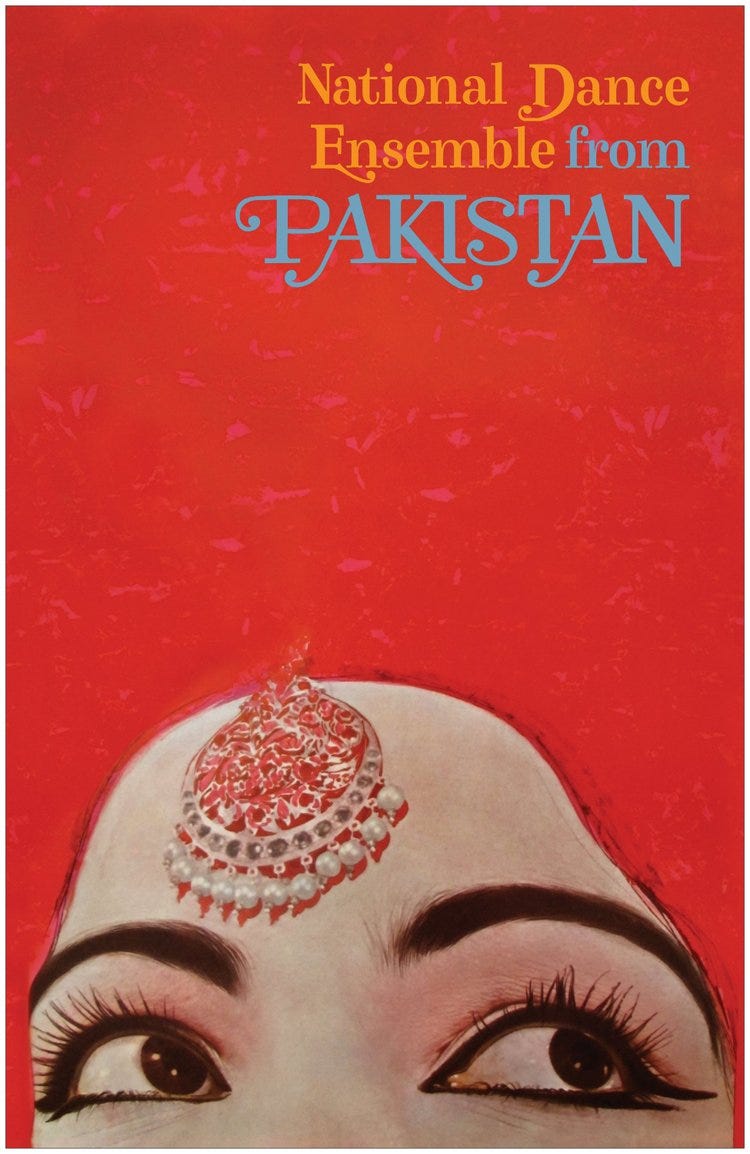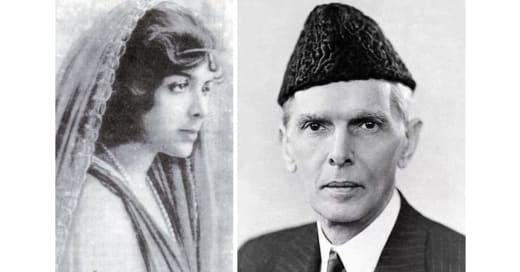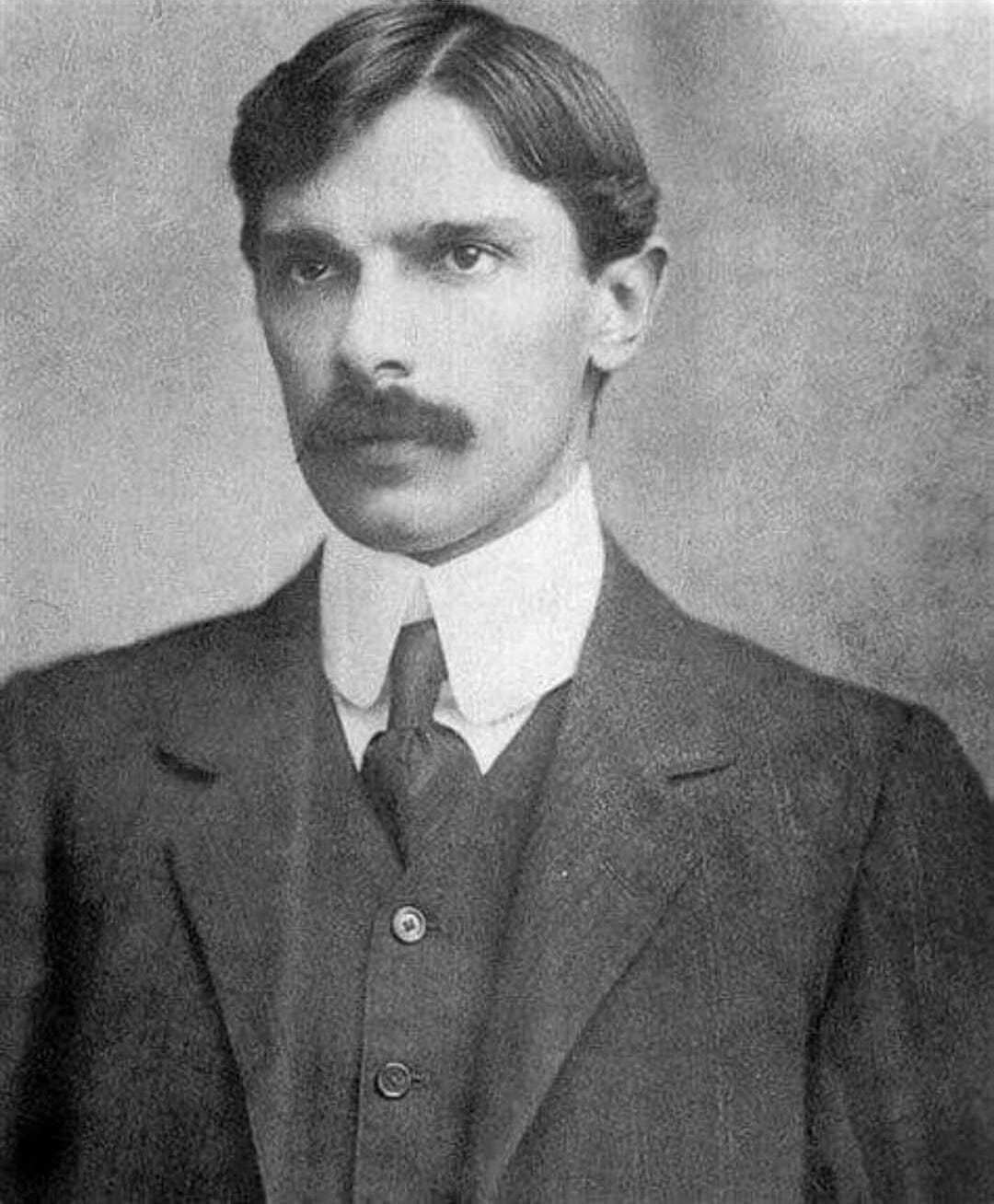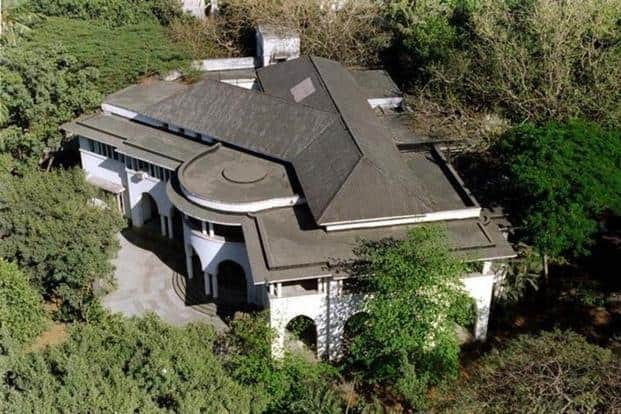Welcome to the Brown History Newsletter. If you’re enjoying this labour of love, please do consider becoming a paid subscriber. Your contribution would help pay the writers and illustrators and support this weekly publication. If you like to submit a writing piece, please send me a pitch by email at brownhistory1947@gmail.com.
Don’t forget to check out our SHOP and our Podcast.

Muhammad Ali Jinnah and Ruttie: An Unknown Bombay Love Story
Mumbai is known as the city of dreams. From Dhirubhai Ambani to Shah Rukh Khan, the city has been the starting point for many. It is home to some of India’s most famous public personalities. It revolves around a man whose notoriety now echoes across India, yet his sojourn in the city remains mysteriously veiled within the folds of Indian history—some contend, perhaps intentionally so. Most present day inhabitants of Mumbai would be surprised to learn that Muhammad Ali Jinnah, the founder of Pakistan, was once a fellow inhabitant of their city. There is a modern colloquial term attached to events that are often ignored or forgotten in history, that is, ‘‘the streets won't forget,’’ and Mumbai’s iconic city streets and monumental historic buildings still bears the legacy of this complicated man and his tragic love story.
Arriving in Bombay in 1896 at the age of 20, Muhammad Ali Jinnah, a freshly educated barrister from London's Lincoln's Inn, joined the millions who come to Bombay’s bustling shores with hopes for a promising future and a better life. His father, who’s business in Karachi had recently gone bust, had been counting on Jinnah to succeed and provide for his five siblings. Jinnah had already spent 4 years in London before choosing to come to Bombay. At 19, he had been the youngest British Indian to be called to the bar.
As Muhammad Ali Jinnah checked into a room at the Apollo Hotel on Apollo Bunder Road in Colaba, Bombay, little could he have foreseen that this seemingly ordinary locale would define him and shape him into the man he was destined to become. Colaba, against all expectations, emerged as the backdrop that eternally imprinted Jinnah onto the pages of history, propelling him onto a transformative path that would reshape the trajectory of his life.
In the corridors of the Bombay High Court, the commanding presence of a tall, handsome figure standing at an imposing 5'11", adorned in impeccably tailored suits, and exuding an air of unassailable confidence, was indeed a rare spectacle. It didn’t take long for Muhammad Ali Jinnah to catch the attention of the then Advocate General of Bombay, Sir John Molesworth Macpherson, who made him his understudy and extended him an invitation to work from within his chambers at the Bombay High Court -a rare and notable gesture in an era when such opportunities were seldom afforded to Indians.
Jinnah’s reputation soon caught the eye of Sir Charles Ollivant, the authority responsible for judicial appointments at the Bombay High Court. He appointed Jinnah as a temporary judicial magistrate of the Bombay Presidency. When the period of Jinnah’s interim appointment was over, his outstanding and exemplary performance made Ollivant offer him a permanent judicial position at a princely salary of Rs.1500 a month. However, in a bold and extraordinary move befitting his character, Jinnah declined the offer. He conveyed to Sir Charles Ollivant that his intention is to earn that amount in a single day—a statement that underscored both his audacity and the self-assured demeanor that marked Muhammad Ali Jinnah as an extraordinary figure of his time.
Jinnah’s legal career had officially taken flight and Bombay High Court would witness the start of an incredible journey of a man that would shape the history of the nation and play a pivotal role in the birth of another, quite literally. He moved out of the Apollo Hotel and into a rented apartment nearby in Apollo Bunder. He established a new office in the Colaba Area near the Bombay High Court, signalling the dawn of a new phase in his legal practice.
In little over two decades, Muhammad Ali Jinnah rose from a 20 something nobody to becoming one of the most prominent figures of Bombay high society. He had his father and surviving family brought over from Karachi and had them settled in at Khoja Mohalla in Khadak. He enrolled his lifelong companion and sister Fatima Jinnah to the St.Joseph's Convent School in Bandra. He was one of the highest paid barristers in Bombay at the time. He joined the Indian National Congress and was elected to the Muslim seat on the Imperial Bombay Legislative Council. Jinnah had developed into a sophisticated man with a taste for the finer things in life; motor cars, whiskey, fine tailored Savile Row Suits, and cigars. He also purchased an investment property in the posh upper class neighborhood of Malabar Hill from a departing Scottish civil servant, a mansion called South Court. He was a regular attendant at parties and events thrown by Bombay‘s elite in the posh clubs and gymkhanas like Willingdon and at the mansions of Parsi socialites and rich clients. It was at one of these gatherings that his life was going to change forever and Bombay’s high society was about to experience its biggest scandals at the time.







